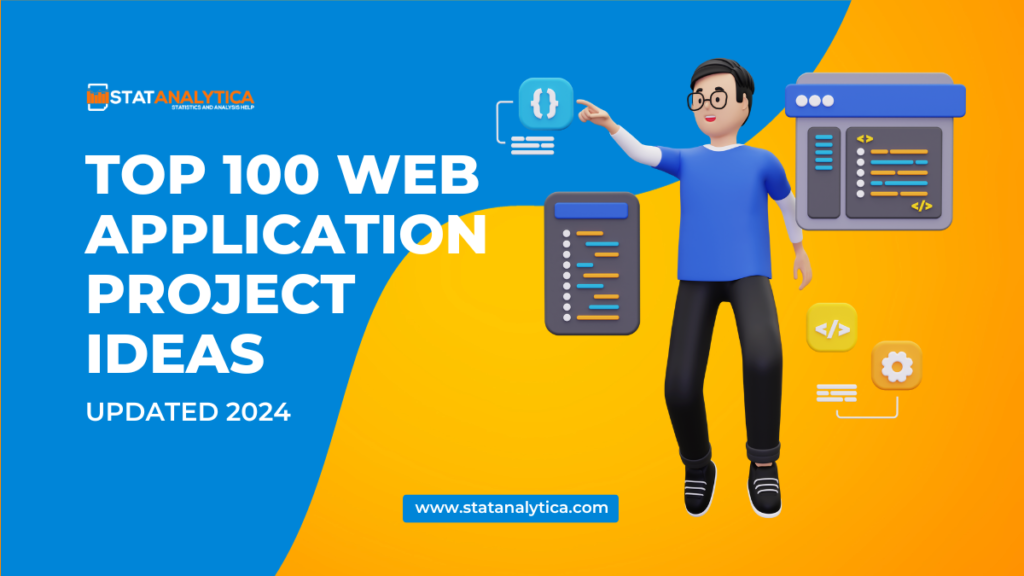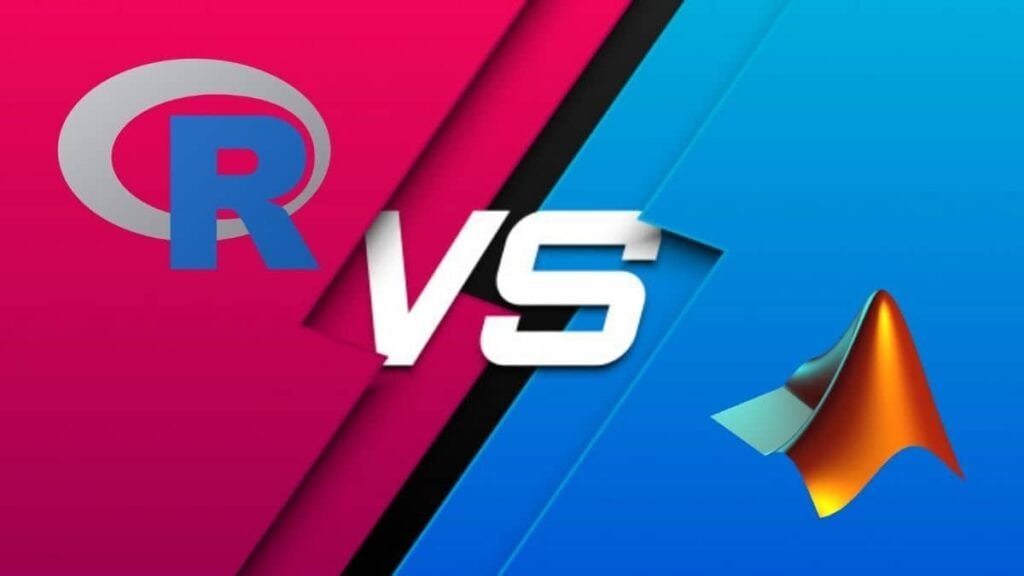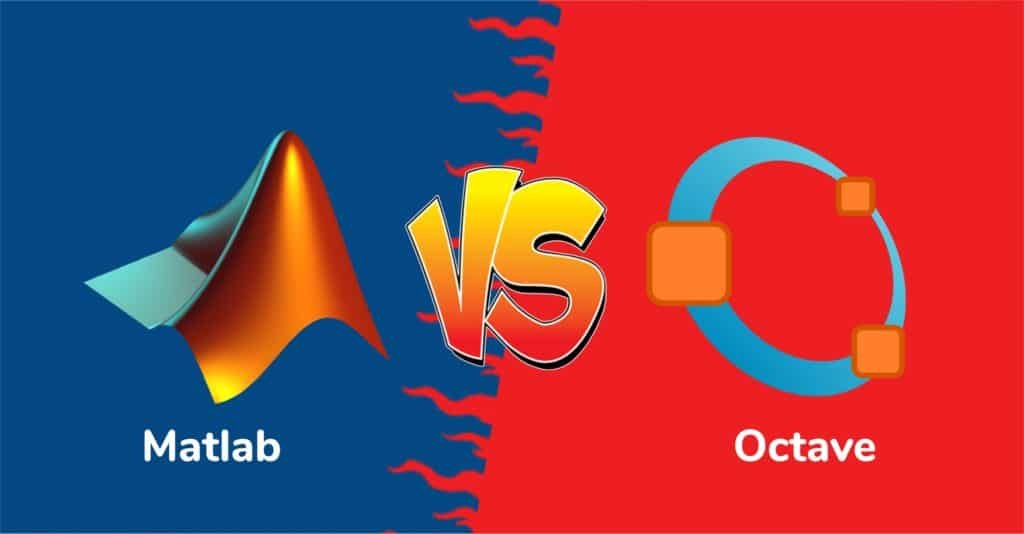In an era dominated by digital advancements, web applications have become the backbone of our online experiences. From education and productivity to health and entertainment, the possibilities seem endless. However, with the rapidly evolving landscape of technology, the need for innovative and impactful web applications is more pressing than ever. This blog aims to be your creative guide, providing a variety of web application project ideas that can spark your inspiration and guide you towards your next successful venture.
Understanding the Landscape of Web Application
Table of Contents
Before delving into specific project ideas, it’s crucial to understand the current trends in web development and technology. The pace at which new frameworks, languages, and tools emerge can be overwhelming, but staying informed is key. Consideration of user needs, market demand, and personal interests forms the foundation for successful web applications.
Top 100 Web Application Project Ideas
Education and Learning
- Virtual classroom platforms
- Interactive learning games
- Skill assessment and certification systems
- Language learning communities
- Collaborative note-taking apps
- AI-driven tutoring platforms
- Virtual science labs
- Career counseling platforms
- Gamified coding challenges
- Augmented reality educational experiences
- Online music lessons
- Personalized reading recommendations
- Automated essay grading systems
- Learning management systems for enterprises
- Virtual reality history tours
- Math problem-solving communities
- 3D modeling and design tutorials
- Student collaboration networks
- Interactive physics simulations
- Geography quiz applications
- Historical events timeline apps
- Blockchain education platforms
- Memory enhancement games
- DIY science experiment guides
- Augmented reality language immersion apps
Productivity and Collaboration
- AI-powered personal assistants
- Project management tools with AI analytics
- Virtual coworking spaces
- Blockchain-based document verification
- Real-time collaborative brainstorming apps
- Time tracking and productivity analytics
- AI-driven task prioritization
- Mindfulness and focus enhancement apps
- Virtual reality team-building experiences
- Employee wellness and engagement platforms
- Blockchain-based supply chain management
- AI-enhanced decision-making tools
- Digital business card exchange platforms
- Gamified productivity challenges
- Virtual reality design collaboration
- Blockchain voting systems
- AI-driven automated meeting summaries
- Collaborative code review platforms
- Virtual reality project showcases
- Blockchain-based contract management
- AI-driven career development plans
- Automated expense tracking
- Blockchain for legal document verification
- Virtual reality training simulations
- AI-powered market trend analysis
Health and Wellness
- Personalized fitness and nutrition plans
- Mental health tracking and support
- Telemedicine platforms
- AI-based personalized healthcare advice
- Virtual reality therapy sessions
- Blockchain for medical record security
- AI-driven personalized wellness coaching
- Virtual reality fitness classes
- Medication adherence reminders
- Social networks for health communities
- AI-enhanced nutrition analysis
- Blockchain-based organ donation registry
- Virtual reality mindfulness experiences
- AI-driven personalized workout playlists
- Mental health journaling apps
- Blockchain for pharmaceutical supply chains
- AI-based diagnostic tools
- Virtual reality guided meditation
- Personalized stress management plans
- AI-driven sleep improvement apps
- Blockchain-based health insurance management
- Virtual reality physical therapy exercises
- AI-enhanced chronic disease management
- Blockchain for vaccine distribution tracking
- Personalized mental health resource directories
Entertainment and Media
- Social networking for niche communities
- AI-curated personalized news feeds
- Virtual reality live concert experiences
- Augmented reality art galleries
- Blockchain-based digital collectibles
- AI-driven personalized movie recommendations
- Virtual reality gaming tournaments
- Social networks for book lovers
- AI-enhanced interactive storytelling
- Virtual reality travel experiences
- Blockchain-based content monetization
- AI-driven personalized podcast recommendations
- Social networks for hobbyists
- Virtual reality escape room experiences
- Augmented reality historical reenactments
- Blockchain-based digital art marketplaces
- AI-driven personalized event recommendations
- Virtual reality language exchange communities
- Social networks for film enthusiasts
- Blockchain-based royalty tracking for artists
- AI-driven personalized TV show suggestions
- Virtual reality sports simulations
- Augmented reality fashion experiences
- Social networks for gamers
- Blockchain-based media authenticity verification
How to Choose the Right Web Application Idea?
- Identify Your Passion and Expertise:
- Consider your own interests, skills, and expertise.
- A project you’re passionate about is more likely to keep you motivated through challenges.
- Research Market Demand:
- Identify current trends and gaps in the market.
- Conduct market research to understand the demand for specific solutions.
- Solve a Real Problem:
- Focus on addressing a genuine problem or need.
- Solutions that solve real-world issues are more likely to gain traction.
- Evaluate Competitor Landscape:
- Analyze existing competitors in your chosen niche.
- Identify what they are doing well and areas where you can provide a unique value.
- Consider Scalability:
- Assess the scalability of your idea.
- Ensure that your web application can grow with increased users and data.
- Think About Monetization:
- Consider potential revenue streams for your web application.
- Explore different monetization models, such as subscriptions, ads, or freemium options.
- Align with Trends and Technologies:
- Stay informed about the latest web development trends and technologies.
- Consider incorporating emerging technologies like AI, blockchain, or AR if they align with your concept.
- User-Centric Design:
- Prioritize user experience and usability.
- Understand your target audience and design your application with their needs in mind.
- Validate Your Idea:
- Test your idea with a minimum viable product (MVP).
- Gather feedback from potential users to refine and improve your concept.
- Evaluate Technical Feasibility:
- Assess the technical requirements and challenges.
- Ensure that you have the necessary skills or resources to overcome technical hurdles.
- Plan for Long-Term Viability:
- Consider the long-term sustainability of your project.
- Anticipate future developments and plan for updates and improvements.
- Regulatory and Ethical Considerations:
- Be aware of any legal or ethical considerations related to your idea.
- Ensure compliance with regulations and respect user privacy.
- Team and Resources:
- Evaluate the resources, skills, and team members required.
- Ensure you have access to the necessary talent or can build a team to support your project.
- Passion for Continuous Learning:
- Web development is dynamic, and technologies evolve.
- Be ready to learn and adapt continuously to stay relevant.
- Prototype and Gather Feedback:
- Develop a prototype or MVP to showcase your idea.
- Gather feedback from users and stakeholders to refine your concept.
Case Studies: Web Application Project Ideas
Success Stories of Notable Web Applications:
- Slack: Transforming Team Communication
Slack revolutionized team communication with its user-friendly interface and integrations, becoming a go-to platform for companies worldwide.
- Zoom: Redefining Virtual Meetings
Zoom’s success lies in its simplicity, reliability, and scalability. It quickly became the primary choice for virtual meetings and collaboration.
- Netflix: Personalized Content Streaming
Netflix’s recommendation algorithm and user interface have set a benchmark for personalized content delivery, leading to its dominance in the streaming industry.
- Airbnb: Disrupting the Hospitality Industry
Airbnb transformed the way people travel by creating a platform for individuals to rent unique accommodations globally, challenging traditional hospitality models.
- Google Docs: Collaborative Document Editing
Google Docs changed the way teams collaborate on documents, providing real-time editing, commenting, and sharing features.
Lessons Learned from Failures and Challenges:
- Quibi: The Short-Lived Streaming Experiment
Quibi’s failure demonstrated the importance of understanding user behavior and preferences, emphasizing that even star-studded content may not guarantee success.
- Google Wave: Overestimating Adoption
Google Wave, despite its innovative features, failed due to a lack of clear use cases and overestimating user adoption of a radically different communication platform.
- Yahoo’s Acquisition of Tumblr: Failing to Retain Users
Yahoo’s acquisition of Tumblr highlights the challenges of integrating acquired platforms while preserving the unique aspects that attracted users in the first place.
- Microsoft’s Kin: Misjudging the Market
Microsoft’s Kin failed due to a misjudgment of the target market, underestimating the importance of app ecosystems and overestimating the appeal of a dedicated social phone.
- Jawbone: The Wearable That Didn’t Last
Jawbone’s downfall illustrates the challenges in the wearable tech market, emphasizing the need for continuous innovation and adapting to changing consumer preferences.
Real-World Examples to Inspire and Inform:
- Wix: Empowering DIY Website Creation
Wix provides a platform for users to create professional websites with ease, inspiring entrepreneurs and small businesses to establish a strong online presence.
- Duolingo: Gamifying Language Learning
Duolingo’s success lies in gamifying language learning, making it engaging and accessible to a wide audience globally.
- Notion: All-in-One Workspace
Notion’s success story revolves around providing users with an all-in-one workspace that combines note-taking, project management, and collaboration tools.
- Robinhood: Democratizing Stock Trading
Robinhood disrupted the financial industry by offering commission-free stock trading, inspiring a new generation of investors to participate in the stock market.
- Tinder: Redefining Online Dating
Tinder’s innovative approach to online dating, with its sweeping mechanism, has reshaped the industry and influenced the development of numerous dating apps.
Conclusion
In conclusion, the world of web application development offers a canvas for innovation and creativity. By exploring diverse web application project ideas and following a thoughtful planning and execution process, you can embark on a journey that not only satisfies your passion for technology but also addresses real-world needs.
The potential impact of your web application can extend far beyond the digital realm, making a meaningful difference in the lives of users.


